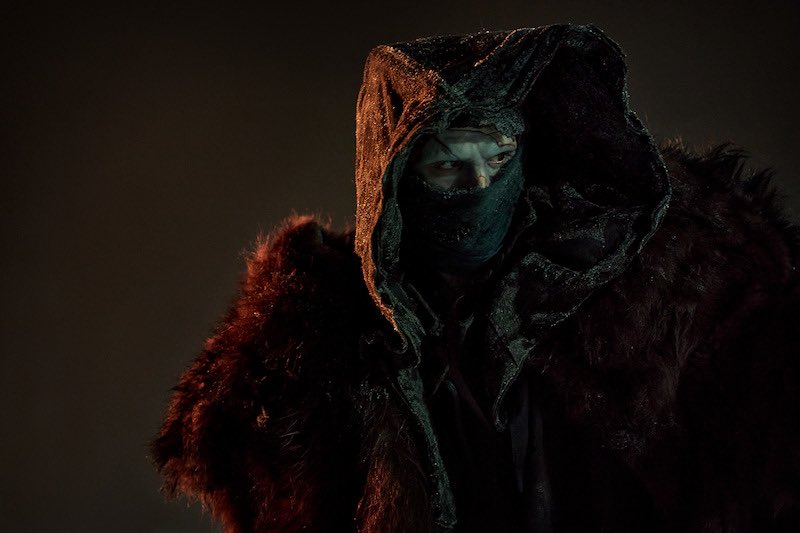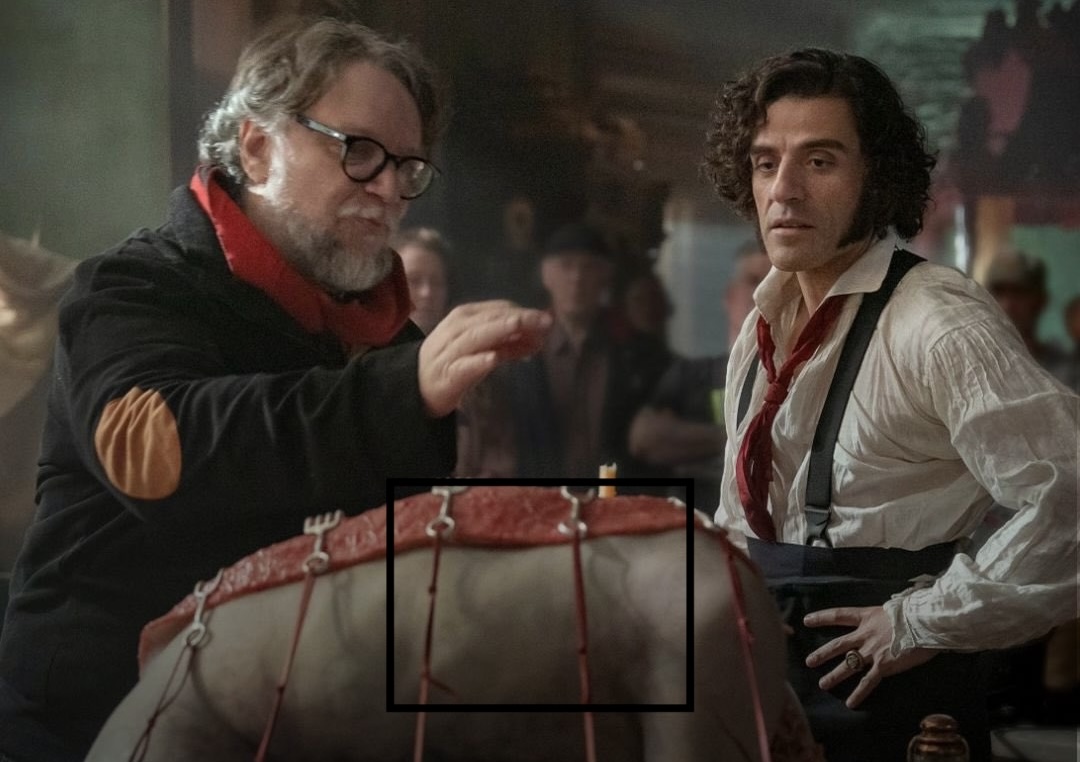by Rosa Parra
The fall season is upon us, and there’s no better indicator than the ongoing film festivals. The Venice International Film Festival, the Telluride Film Festival, and the upcoming Toronto International Film Festival are events showcasing the next group of awards contenders. One of the most talked-about films—and my personal most anticipated release for the remainder of this year—is Guillermo del Toro’s “Frankenstein.” This film represents a rare perfect match of monster and director, having premiered at Venice to a 14-minute standing ovation. Early reviews are a bit mixed, with many highlighting Jacob Elordi’s portrayal of the iconic monster and the film’s stunning visuals.
The film is set for a brief theatrical run on October 17th (a requirement for Academy Award consideration) before being released on Netflix on November 7th. I have been closely following coverage of the film, the red carpets, and the press conference. When it comes to film directors, each has their own unique skills and perspectives. I’ve seen a wide variety of films, and to me, Del Toro remains my favorite director. He possesses a remarkable intellectual ability to articulate his thoughts, and his view on life is unapologetically his own. He is like a walking encyclopedia of film history. His respect and love for storytelling and filmmaking are evident in all of his work, which is why I always make time to watch every conference he holds.

During the press conference, Del Toro was asked whether the film serves as a metaphor for artificial intelligence and if we should be cautious in how we use it. He responded, “We live in a time of terror and intimidation, certainly. And there’s no more urgent task than to remain in a time where everything is pushing towards a bipolar understanding of our humanity. The movie tries to show imperfect characters and the right we have to remain imperfect, and the right we have to understand each other under the most oppressive circumstances. I’m not afraid of artificial intelligence; I’m afraid of natural stupidity.” This last sentence sparked discussions across social media due to its humorous critique of some individuals and the decisions that have contributed to our current social climate.
It’s well known that Guillermo del Toro has always had a deep connection with monsters. Understanding his childhood and how he found solace in them sheds light on his desire to tell their stories, adding complexity to a horror genre that often vilifies these creatures. I remember an interview where Del Toro stated that those with wisdom understand that the true monster in the story is the doctor. In contrast, those who take things at face value may still believe that the “monster” is the creation of the doctor. Indeed, in every film del Toro has made, his monsters are multi-dimensional. They are rarely what people initially think, while the actual horrors often lie with men, particularly men in power. Additionally, his films frequently serve as political social commentary, which adds a layer of relatable horror, as these situations are more likely to occur in real life.
When he expressed that he isn’t afraid of artificial intelligence but is rather more concerned about natural stupidity, I found it amusing at first. However, after reflecting on that statement for a day or two, I realized how dangerous natural stupidity can be. The dangers multiply when those with natural stupidity hold positions of power, leading to some truly frightening apocalyptic scenarios.

Lastly, a special mention goes to Oscar Isaac, who perfectly embodies excellence. He seemed to be having a great time at the Venice Film Festival and he also showed up to Telluride wearing a “Gulf of Mexico” shirt. He didn’t discuss it much, but that shirt speaks volumes. I wonder if he will face any backlash for taking such a stand. In today’s climate, where it’s often unpopular for celebrities to discuss politics or express their views, those with a platform should feel encouraged to do so—especially if their intentions are to support their beliefs and help others.




